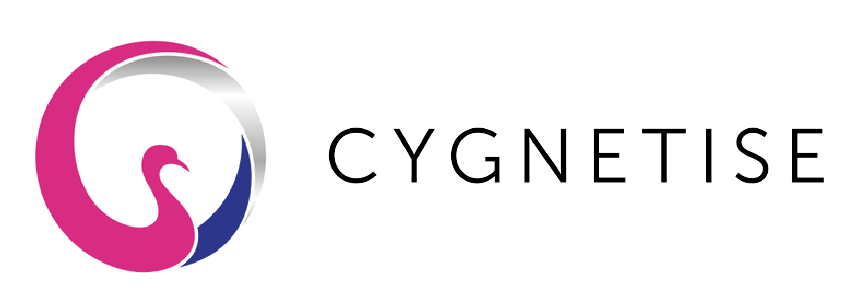Technology and the role of company secretaries: in a chat with ICSA's Peter Swabey
We had the pleasure to chat with Peter Swabey, Policy and Research Director at ICSA: The Governance Institute, and ask him a few questions on how he sees the role of governance professionals evolving and how emerging technologies can impact it.
At ICSA, Peter is responsible for developing the profile of the organisation and the governance profession with members, regulators, policymakers, employers and other stakeholders, by delivering thought leadership and lobbying campaigns promoting strong governance as the vital ingredient for success in organisations.
Peter, who joined ICSA in 2013, has more than 30 years of experience in company secretarial work.
In your experience, what do you think is the main barrier to good governance in organisations?
The lack of recognition, in some organisations, of the importance of what we do and a perception that the company secretary is focussed ‘just’ on internal administration. Every organisation has governance – it’s just that many don’t think of it as such, and when we talk about governance they conflate it with bureaucracy. It isn’t. As company secretaries, we need to raise our profile through our behaviours and through demonstrating value.
Over recent years, how have changing regulatory environments impacted the work effort required in company secretarial functions (e.g. GDPR)?
There has been a consistent increase. How much the work has increased depends on the individual company and the nature of the role. Still, generally, we have seen a significant increase in legislation and regulation on governance, risk and compliance topics, all of which need management and oversight from the company secretary.
Do you see the role of the company secretary changing, focusing more broadly on strategy and corporate communications, rather than just internal administration?
Absolutely. This has been a consistent feature of life over the last few years. I am not sure that the company secretary ever was ‘just’ focused on internal administration, but certainly the need to focus on strategy, governance and leadership has increased and is increasing. We all need to think commercially and use our skills to deliver the company’s strategy whilst still remaining true to our core values.
What are the main types of fraud that company secretaries have to be more aware of today?
There is a much greater risk of technology-related fraud than in the past - corporate identity theft, phishing, the theft and misuse of customer data and the like – in addition to the ‘traditional’ scams that we have all seen such as boiler room fraud. In common with most other areas of life, technology has created opportunities, but it has also created opportunities for fraudsters and, unfortunately, some fraudsters are very good at their chosen profession. We all need to be on our guard.
How do you think emerging technologies will impact the role of company secretaries in the future?
In ways that I cannot even begin to imagine. As a professional body, we have spent a lot of time looking at this issue – a paper has even been written by the global institute on the subject entitled Futureproofing: Technological innovation, the company secretary and implications for corporate governance.
The role of company secretaries has already changed a great deal because of technology. We now have electronic company books, board papers on iPads, electronic submission of forms to Companies House and many other uses of technology besides. All these were science fiction when I joined the profession – indeed we didn’t even have PCs or mobile phones and I scare some of my younger colleagues with tales of working in what they are pleased to call ‘olden days’. What I do believe is that even the most advanced AI will not, at least in my lifetime, be able to replace the company secretary’s judgement – for example in the advice given to the board or in the preparation of good minutes. The main benefit of technology as I see it is that we will be able to focus more on the aspects of our role where our skills and values are important and leave more routine work to the machine.

